Blog
Aging is Not a 4 Letter Word
Everyone ages. Babies become toddlers, toddlers become kids, kids become teens and so on. New parents are hungry to learn about the next stage of life for their children. Don’t stop learning about aging. Embrace it, enjoy it and learn about your next stage in life.
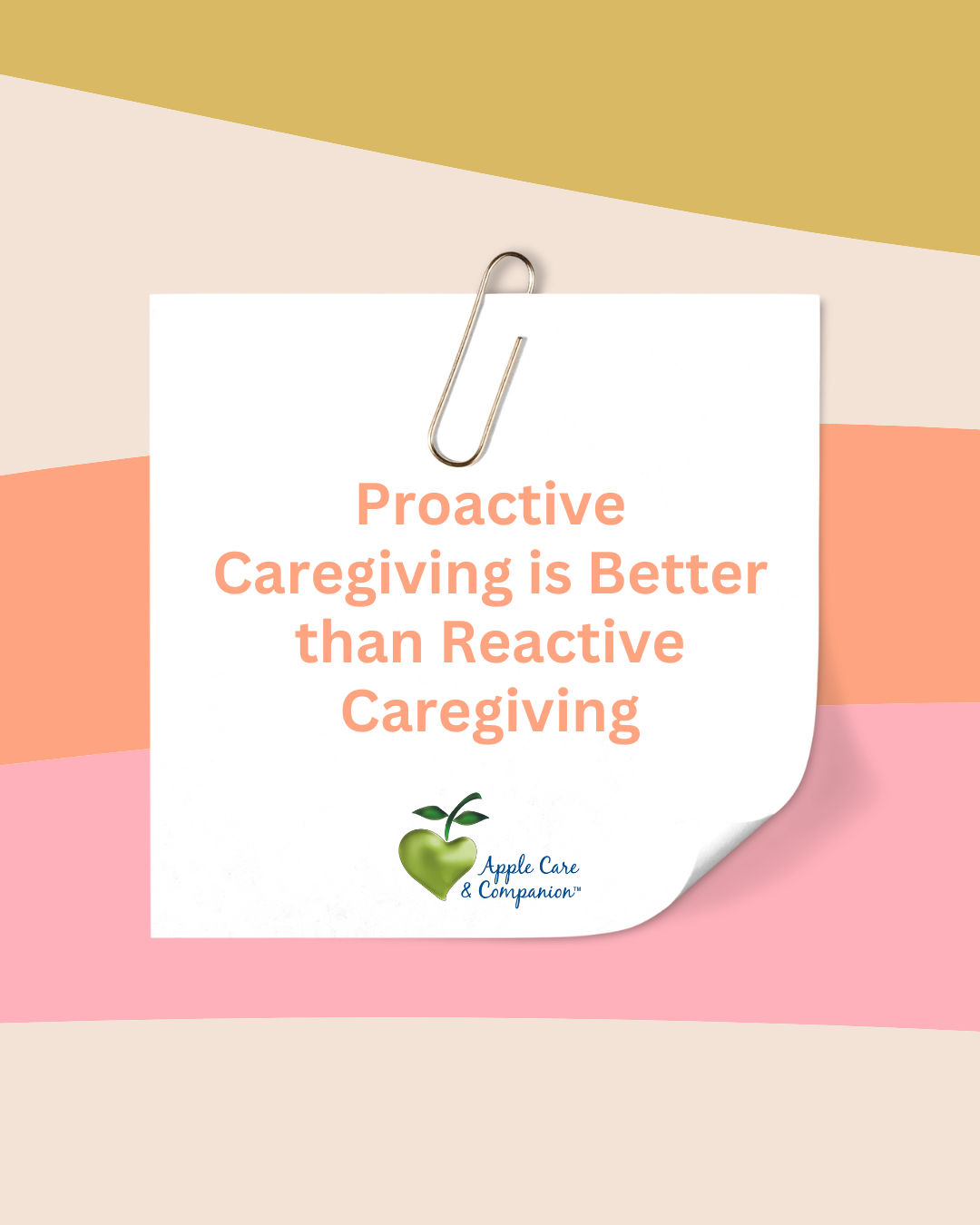
Proactive Caregiving: Why Waiting for a Crisis Is a Costly Decision
What does proactive caregiving really look like? It’s not about being overprepared—it’s about being ready. Start small, but start now.

Home Care Assessment Tool
Signs, solutions, and next steps—our Home Care Assessment and Companion Guide make it clear.

Do You Know the Signs?
Dementia is one of the most feared diagnoses among older adults and their families.
But what if early signs were hiding in plain sight, mistaken for normal aging?

Preparing for Holiday Visits
The holiday season can bring family together, often providing a unique chance to check in on aging loved ones' well-being. For those who don’t see their older family members regularly, subtle changes can signal shifting needs, which can be overwhelming to notice all at once.
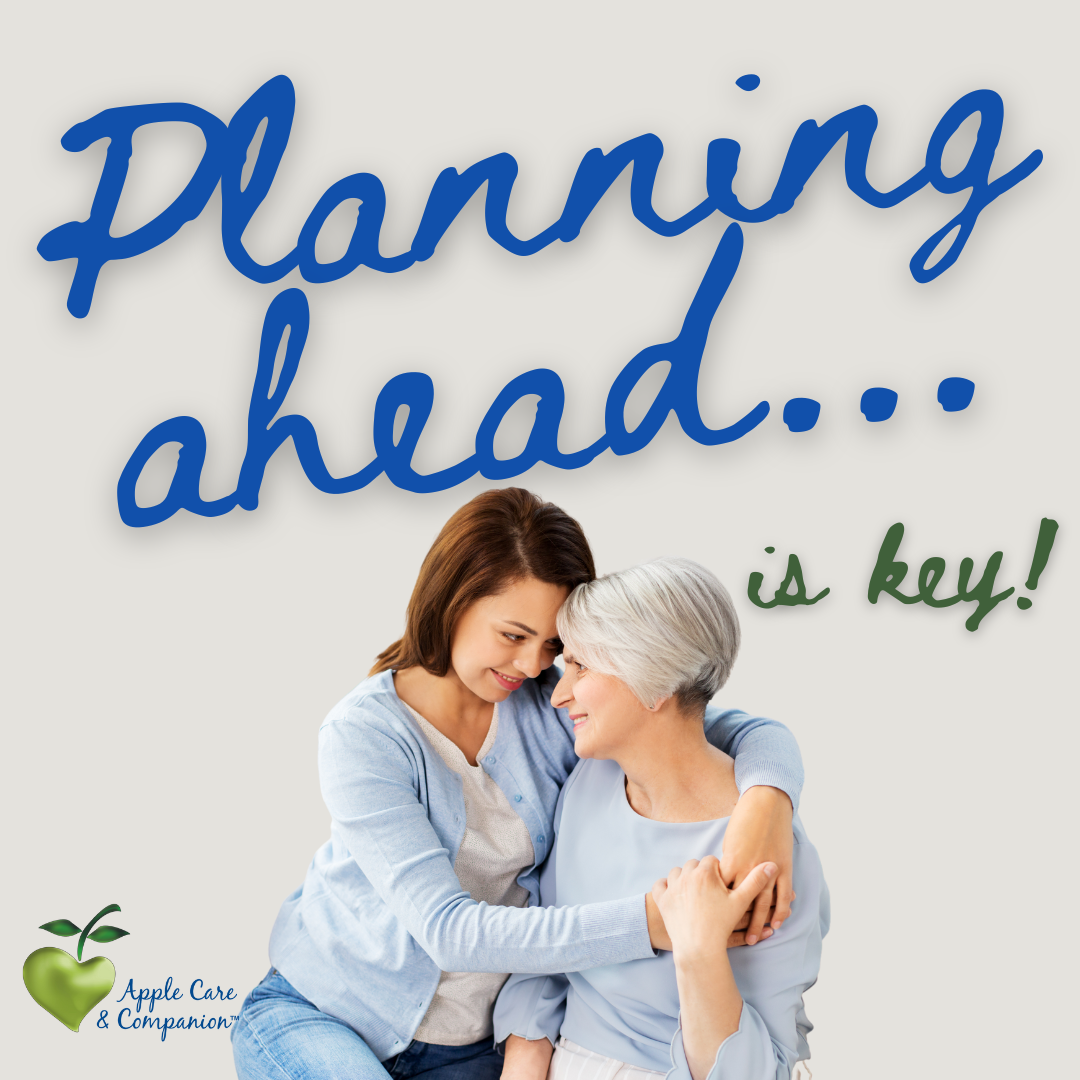
When, Who and What’s Next after Dementia Diagnosis
Recognizing the Early Signs of Dementia: Know When to Seek Help. From memory lapses to changes in mood and problem-solving abilities, staying informed can make a difference. Learn the common signs to look out for.
Part 4 of 4 part series
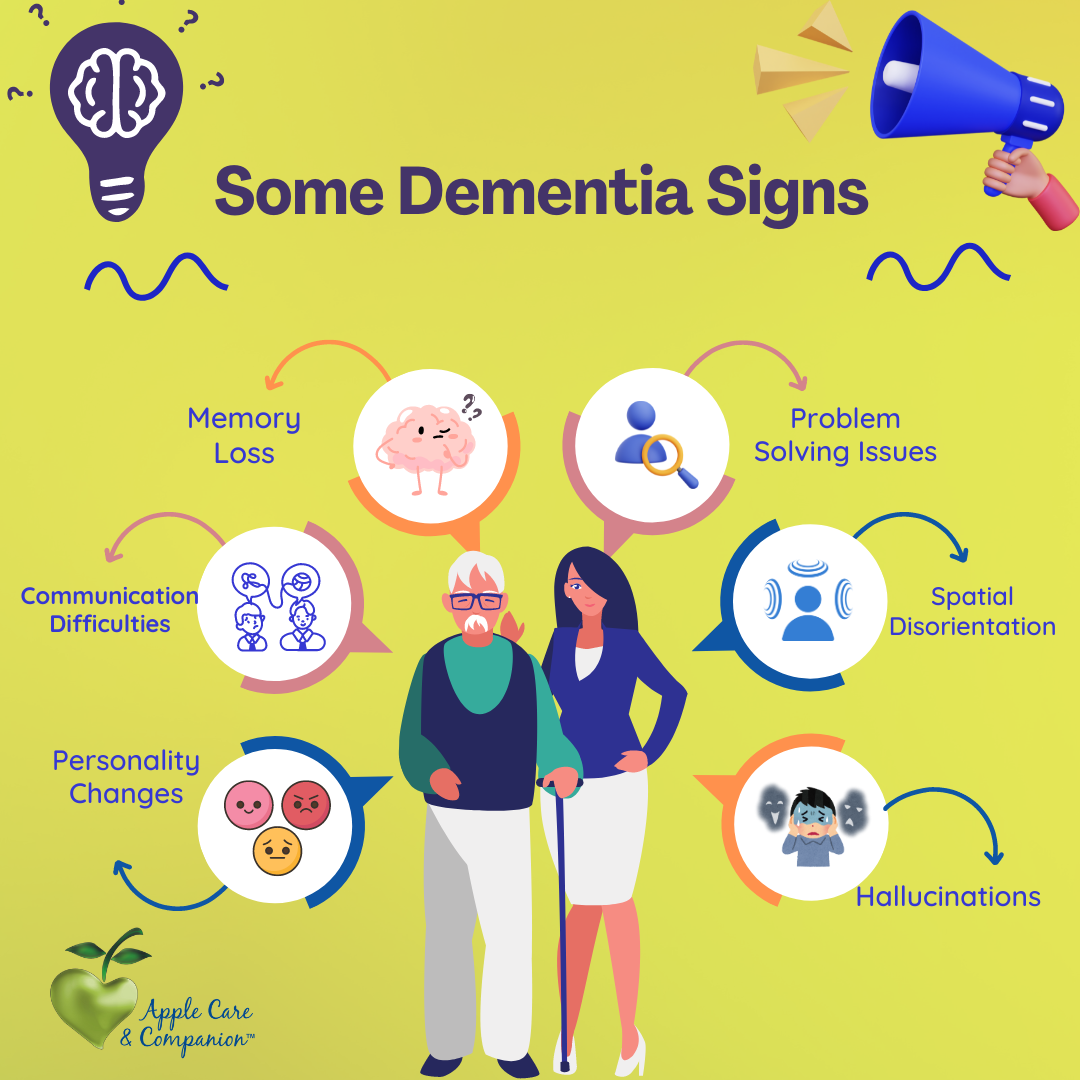
Does Grandma have Dementia?
Is it normal aging or a sign of dementia? Dementia can present through various symptoms, including memory loss, difficulty with problem-solving, communication challenges, and personality changes. Recognizing these early signs can help identify when it’s time to seek professional support.
Part 3 of 4 part series
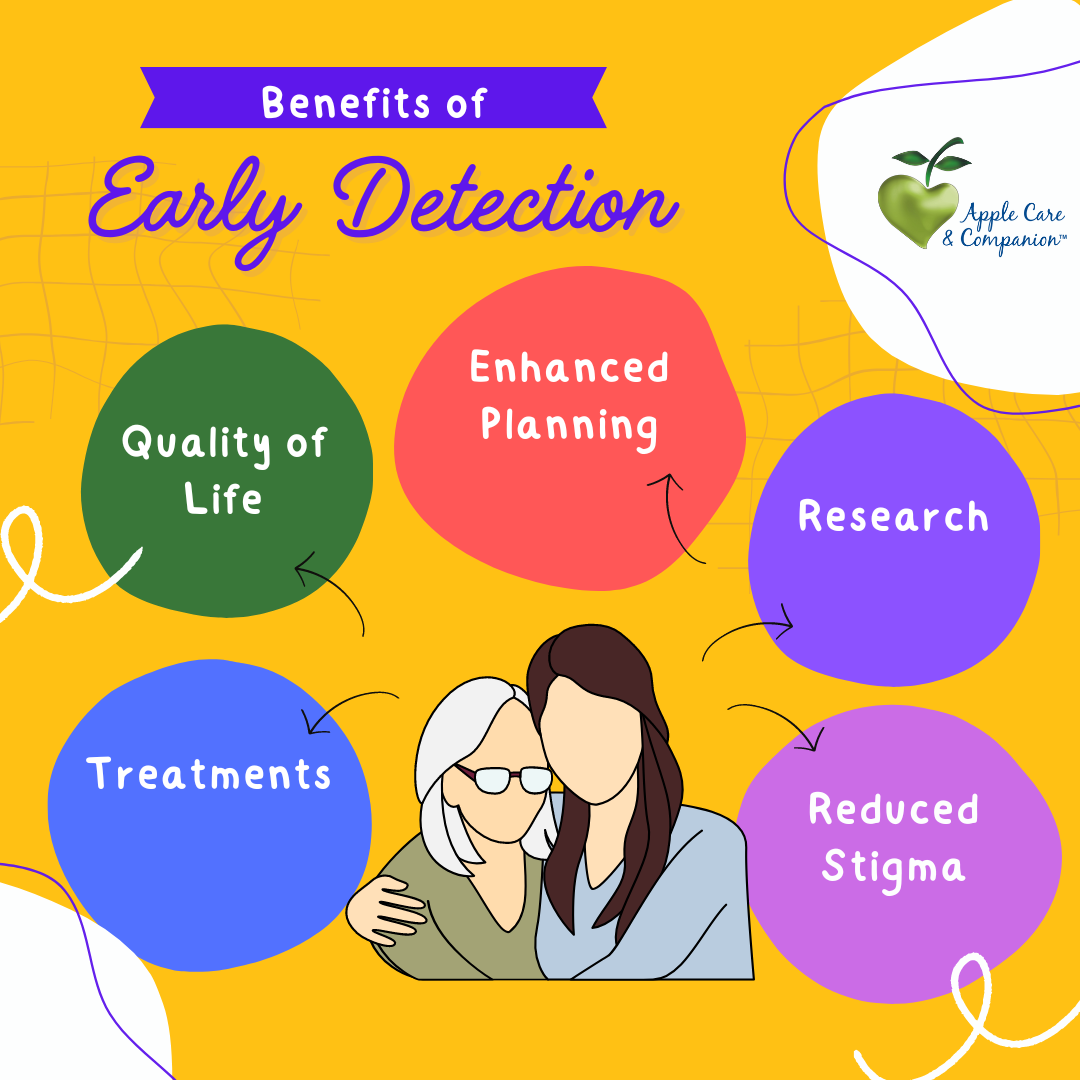
Importance of Early Detection and Diagnosis of Dementia
Recognizing the early signs of dementia is crucial for getting a proper diagnosis and accessing available treatment options. Early diagnosis of dementia offers several benefits for both the individual and their loved ones.
Part 2 of 4 part series

Does Mom have Alzheimer’s?
Dementia is a general term for a decline in cognitive function that interferes with daily life. While it's often associated with aging, dementia is not a normal part of getting older. There are many different types of dementia, each with its own cause and progression.
Part 1 of 4 part series

Secret Weapons for Brain Health
Did you know that people are now more afraid of dementia than cancer? It's a startling statistic that highlights the growing concern about cognitive decline.
The good news is, we have the power to influence our brain health. Learn about lifestyle factors like diet, exercise, and mental stimulation can significantly mitigate your risk of developing symptoms of cognitive decline.

5 Tips for Managing Family Dynamics
Caregiving can be a rewarding but challenging experience, especially when family members disagree on important decisions. Read more to learn five practical tips to help you manage family dynamics (personally or professionally) in caregiving.

From Caring to Drained: Understanding Compassion Fatigue
Whether you're a professional caregiver or a family member providing support, self-care is essential to protect your well-being and continue providing the compassionate care you're known for.

Is Home Care the Missing Piece? Consider These Questions to Help You Decide.
Seeing signs your parent might need help? Falls, difficulty with daily tasks, or simply needing more companionship – these are all reasons to consider in-home care. Read more to dive into questions about your loved one's well-being, their desires, and your own ability to provide the support they need.
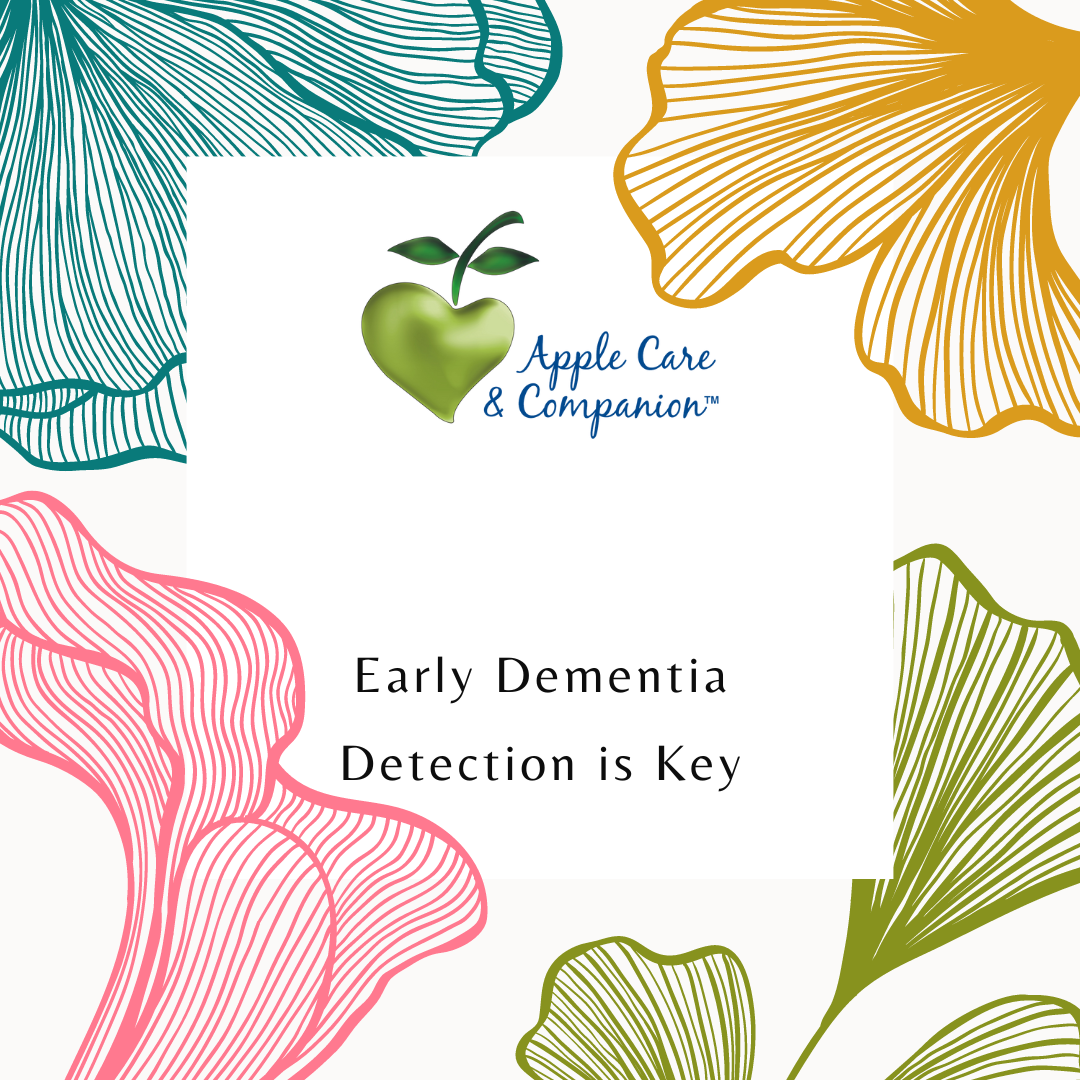
Early Dementia Detection is Key
It’s important to be aware of early warning signs of Alzheimer’s Disease. The earlier it is detected, the earlier interventions can be implemented to slow down the progression. Lifestyle changes in addition to medical treatments can make all the difference in the world!

Preparing for the (Un)Expected: Thinking about our Future Makes Sense
Are you a "worst case scenario planner" or more of a "statistically not probable so I'm not concerned" type of person?
Do you have a long term care plan?

What is one thing you wish more people knew about dementia?
Dementia is not just about memory loss; it's a journey of constant adaptation, frustration, and love.
Whether you are supporting someone with dementia, supporting a caregiver or working with a client living with dementia, here are some thoughts I wish everyone knew.

Keep Social Connections Strong
For older adults experiencing cognitive decline, staying connected can be a challenge. Social interaction can become difficult due to memory lapses or communication barriers. But here's the good news: technology can be a powerful tool in bridging this gap.

What is Home Care?
Hiring a home care agency can be a difficult decision, but it can be the best way to ensure that your loved one is getting the care they need. When choosing a home care agency, be sure to research different agencies to find the best fit for your loved one's needs and personality.

Supporting Those Living with Dementia
There are many things you can do to support someone living with dementia. Read about some tips for communication, engagement, and preventing distressed behaviors.

Signs You May Need a Home Care Agency
Home care agencies can provide valuable support for people who need help with activities of daily living (ADLs), such as bathing, dressing, cooking, and transportation. They can also provide companionship as well as specialized care.
Read about some signs that you or your loved one may need home care.

Memory Lane No-Go’s
Alzheimer’s Disease is a progressive brain disorder that can cause memory loss, difficulty thinking and changes in personality. One of the most important things you can do for someone with Alzheimer’s is to be mindful of what you say to them.